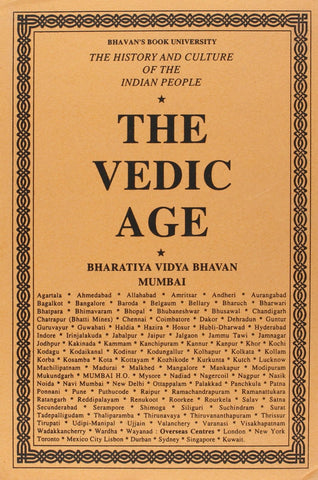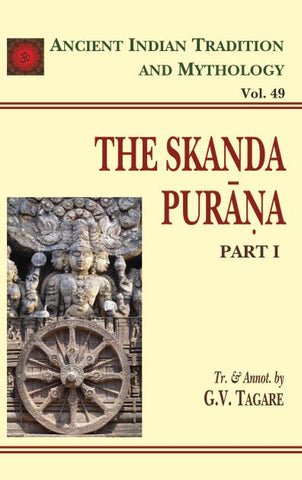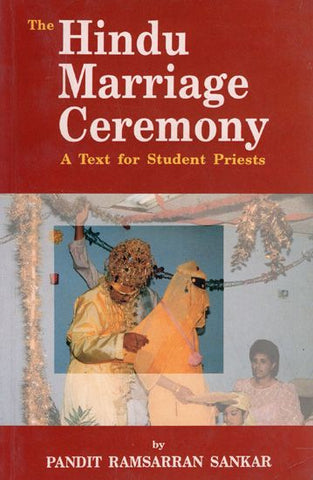Your cart is empty now.
Prachin Bharatiya Samajik Vivastha" (प्राचीन भारतीय सामाजिक व्यवस्था) by Dharchandra Choube likely explores the social structure and systems of ancient India. Here’s a detailed overview of what the book might cover, based on the themes suggested by the title:
1. Introduction to Ancient Indian Social Systems
- Historical Context: Overview of the historical periods relevant to the study, including the Vedic, post-Vedic, Mauryan, and Gupta eras.
- Concepts and Definitions: Explanation of key terms and concepts related to ancient Indian social systems, such as varna, ashrama, and jati.
2. Varna System
- Origins and Evolution: Examination of the origins and evolution of the Varna system, which divided society into four main classes: Brahmins (priests and scholars), Kshatriyas (warriors and rulers), Vaishyas (traders and agriculturists), and Shudras (laborers and service providers).
- Functions and Responsibilities: Description of the roles and responsibilities of each Varna, and how they interacted with each other.
3. Ashrama System
- Life Stages: Exploration of the Ashrama system, which delineated the stages of a person's life: Brahmacharya (student), Grihastha (householder), Vanaprastha (hermit), and Sannyasa (renunciant).
- Social and Religious Duties: Analysis of the duties and expectations associated with each stage of life.
4. Jati and Social Stratification
- Jati System: Study of the Jati system, which categorized individuals into various sub-castes based on occupation and social status.
- Social Mobility and Hierarchies: Examination of the mobility within the caste system and the social hierarchies that existed.
5. Family and Kinship Structures
- Family Dynamics: Discussion on family structures, including the joint family system and the role of extended families in social life.
- Kinship and Marriage: Insights into kinship relations, marriage customs, and the role of family alliances in social organization.
6. Economic and Social Roles
- Economic Activities: Analysis of the economic roles of different social classes, including agriculture, trade, and craftsmanship.
- Social Responsibilities: Examination of the social responsibilities and functions performed by various classes and communities.
7. Religious and Philosophical Influences
- Religious Texts: Exploration of how religious texts like the Vedas, Upanishads, and Dharmashastras influenced social structures and practices.
- Philosophical Ideas: Discussion on philosophical ideas related to social order and their impact on societal norms.
8. Regional Variations
- Diverse Practices: Study of regional variations in social systems across different parts of ancient India and how local customs influenced the broader social framework.
9. Decline and Transformation
- Changes Over Time: Analysis of how ancient social systems evolved or declined over time due to factors such as invasions, migrations, and political changes.
- Legacy and Modern Implications: Reflection on the legacy of ancient social systems and their influence on contemporary Indian society.
Conclusion
Dharchandra Choube’s "Prachin Bharatiya Samajik Vivastha" provides a comprehensive examination of the social systems of ancient India, focusing on their structure, functions, and evolution. The book likely offers detailed historical, philosophical, and sociological insights into how ancient Indian society was organized and how it impacted various aspects of life. For a thorough understanding, accessing the book will provide in-depth analysis and examples related to ancient Indian social organization.
Delivery and Shipping Policy
- INTERNATIONAL SHIPPING
- Rs.1000-1100/kg
- ESTD. Delivery Time: 2-3 weeks (depending on location)
- Bubble Wrapped with Extra Padding
- NATIONAL SHIPPING
- NCR: Rs. 30/half kg
- Standard: Rs. 80/half kg
- Express shipments also available on Request
- ESTD. Delivery Time: Ranging from 1-4 days up to 7 business days (Depending on your choice of Delivery)
- TRACKING
- All orders; national or international, will be provided with a Tracking ID to check the status of their respective orders
- Depending on the Shipping Service, Tracking ID may be used on their respective tracking portals
Frequently Asked Questions (FAQs)
Domestic Shipping: 3-4 Days (after shipping)
International Shipping: 1-2 weeks (based on your location)
You will receive an email once your order has been shipped or you can email us if you didn't receive tracking details (info@mlbd.co.in)
Every book that we sell is the latest edition except all the rare books
Yes, we do provide free shipping, only on domestic orders (within India) above Rs.1500







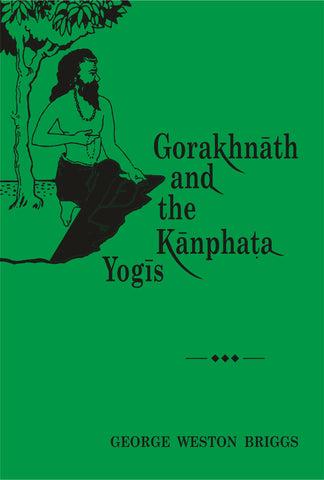
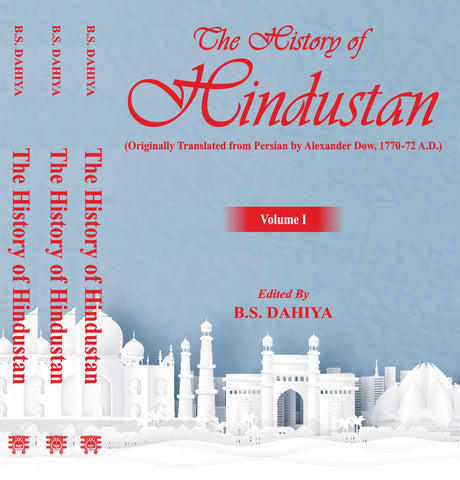
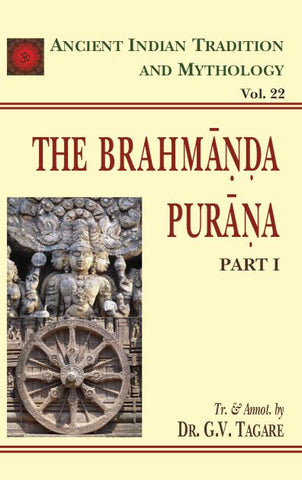
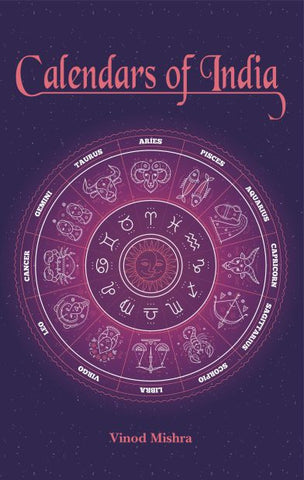
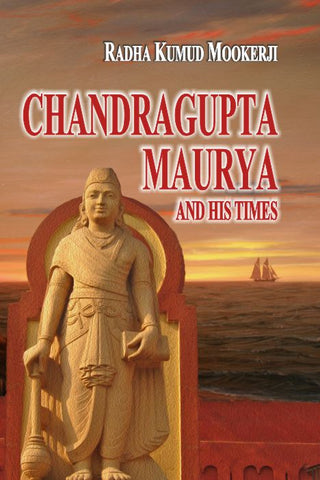
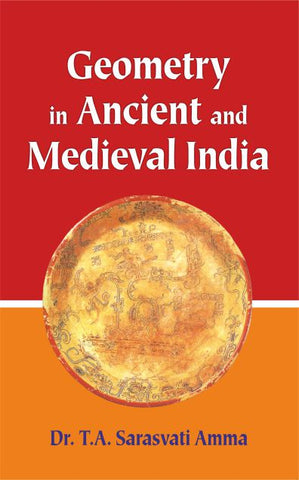
![A HISTORY OF INDIAN PHILOSOPHY [5 VOLUMES] by Surendranath Dasgupta](http://www.motilalbanarsidass.com/cdn/shop/products/HISTORYOFINDIANPHILOSOPHY_large.jpg?v=1675238163)
